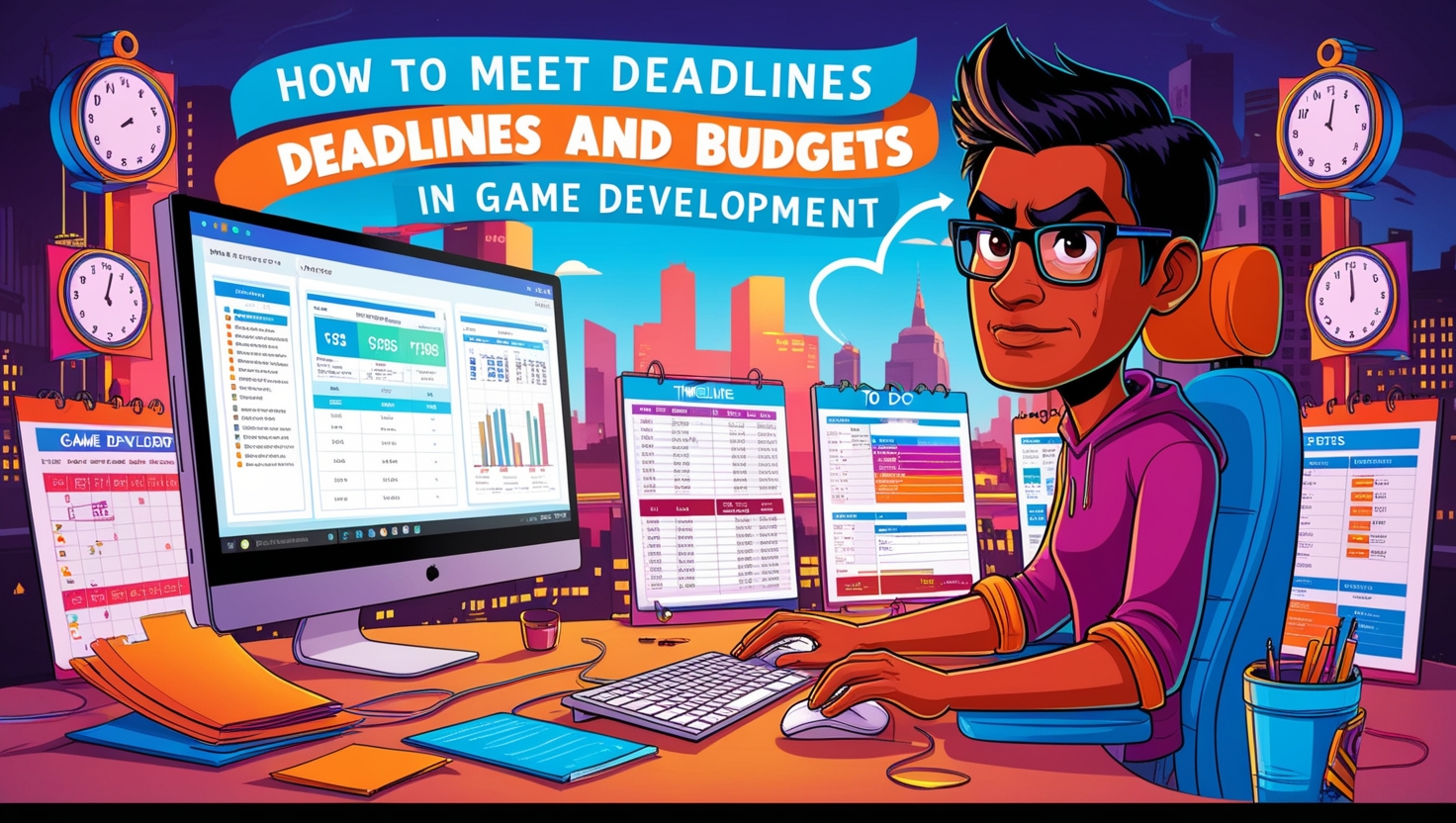
In game development, creativity meets constraints. Every project has two constraints that cannot be ignored – time and money. Missing deadlines or going over budget can delay launches, disappoint investors, or even destroy a project.
At Melior Games, we have completed dozens of projects on time and within budget. We will tell you how we do it, so you can do the same.
🎯 1. Start with a clear definition of the scope of work
The most common reason why projects miss deadlines is a poorly defined scope of work. Before writing even a single line of code, you need to do some preparatory work.
- Define the main cycle of the game process
- Sort the features by priority, highlighting the mandatory ones
- Agree on expectations with the clients at an early stage
A clear scope of work prevents “creeping feature swings” (endless new ideas in the middle of the project), which can lead to an increase in both deadlines and costs.
🛠️ 2. Break development into stages
Big goals become manageable when divided into phases. At Melior Games, we recommend dividing into 3 stages:
- PoC (proof of concept) – to test the idea
- MVP (minimum viable product) – to create a game version
- Full Production – to create a full game
This framework gives the project flexibility and permits early testing and feedback without requiring a large financial outlay.
⚡ 3. Use proven tools and reusable resources
Efficiency does not mean saving. It means working smart. We accelerate development with:
- Our own library of code templates and systems
- Ready-made resources for UI, animation, and effects
- AI-based tools for concept art or dialogue drafts
This way, we save time on repetitive tasks while keeping our budget.
🧩 4. Test early, test often
The cost of repairing an issue increases with its discovery time. It is costly to find bugs late in the development process. Regular testing throughout the project helps to:
- Identify technical risks early
- Prevent costly rework
- Ensure a smooth process without significant delays
🤝 5. Communicate regularly
Maintaining open lines of communication with clients is essential so they can keep an eye on time and finances and be informed of any threats or developments.
Regularly syncing progress minimizes surprises.
🧠 6. Don’t skimp where it matters
It’s tempting to cut features or reduce testing to save time, but this usually backfires. Areas such as core gameplay, UX, and balance require proper attention. Although it may result in a lower-quality product, skipping them can help you meet deadlines.
✅ Final Thoughts
Meeting deadlines and budgets in game development is all about smart planning, working efficiently, and focusing on what matters most. At Melior Games, we’ve designed our workflow to consistently produce projects without sacrificing originality or calibre.
👉 Have an idea for a game? Let’s make sure it’s delivered on time, on budget, and to the highest quality standards.




